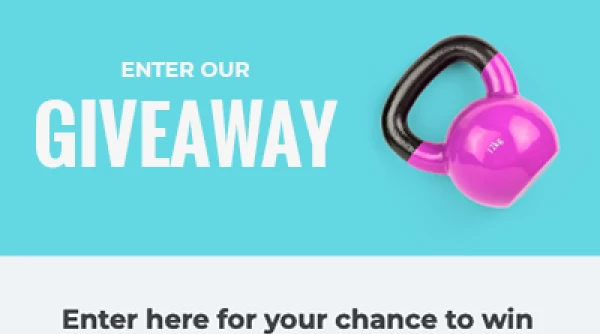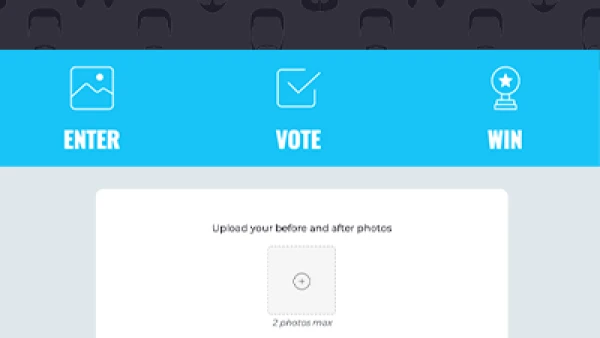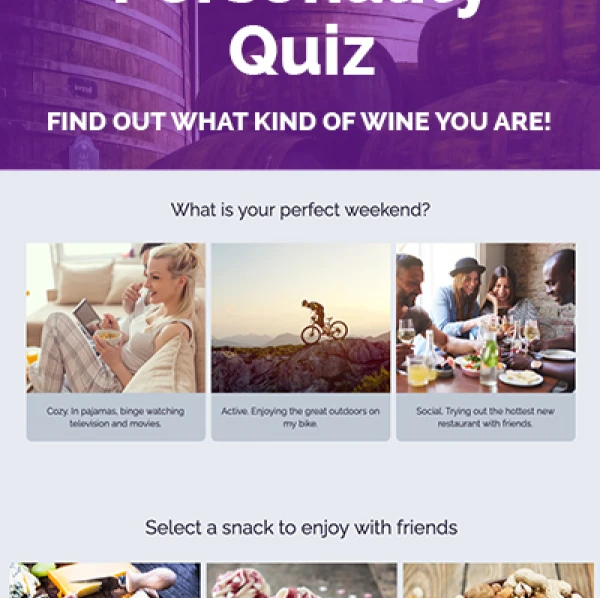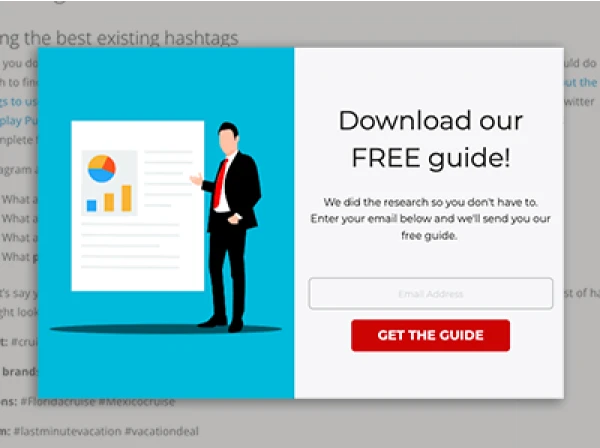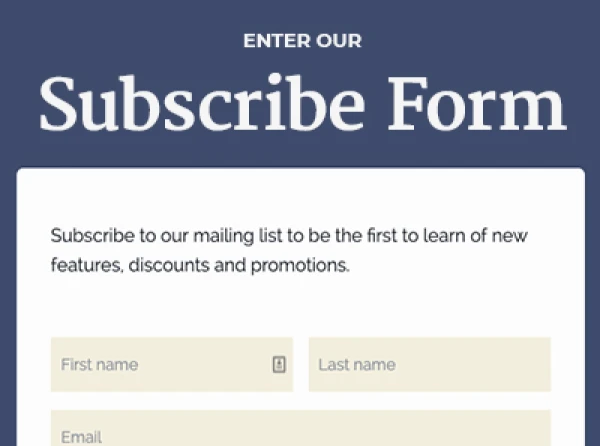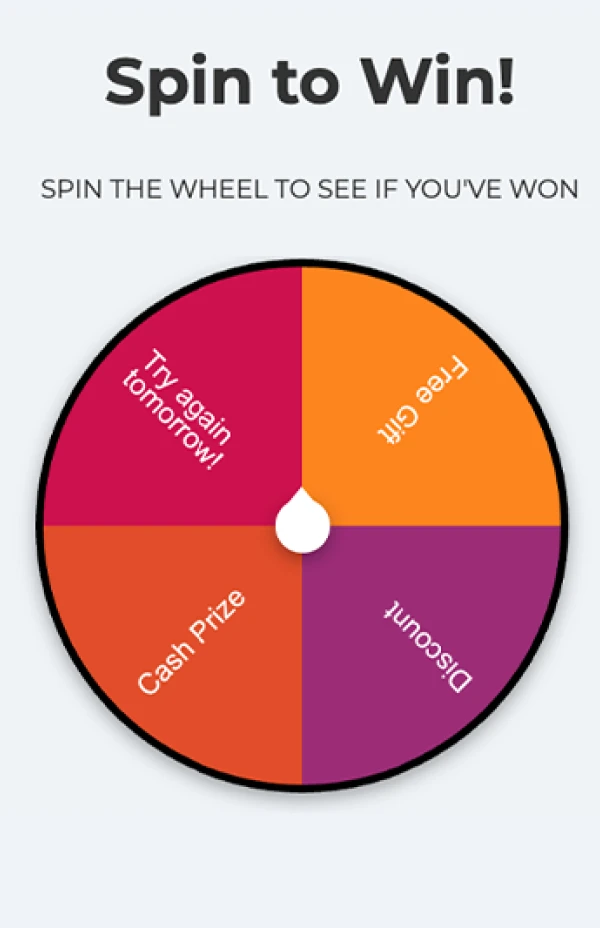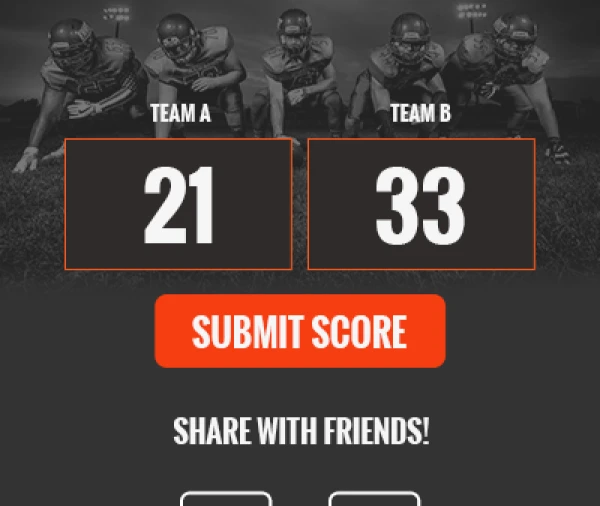Are coupon codes worth your time? 80% of consumers are more likely to shop from a new brand if it provides a discount coupon, and that number jumps to 89% for millennials.So, yes, in short, coupon codes are an effective marketing tactic...But there’s a caveat.While coupon codes are desirable from a consumer’s perspective, there are numerous downfalls to this marketing tactic that can have an ill effect on your brand.I put together this article to help you weigh up the pros and cons of coupon codes and make an informed decision about whether they are right for you.
The Pros of Using Coupon Codes
Let’s start with the positive side of things - the pros.As I mentioned in the introduction, coupon codes are extremely popular with consumers, especially in the eCommerce industry. They’re also an excellent way for brands to engage new audiences, re-engage stagnant customer groups, and create a spike in sales.Here are the pros of using coupon codes:
Attract new customers and increase revenue
Consumers are naturally pessimistic and distrust brands before purchasing from them. Building enough trust with a prospect to convert them into a customer can be time-consuming and costly.Discount coupon codes can accelerate the conversion process by reducing the perceived financial risk of transacting with your business. They also tap into buyer psychology by creating a feeling that the customer is getting a good deal.For example, here is a coupon email from Ugmonk that offers new prospects a 15% discount on their first order if they make it within 48 hours. The code is unique and expires automatically, which is a smart use of urgency to inspire action.

Ugmonk Coupon Code ExampleDepending on where you distribute your coupon codes, they can also generate traffic from untapped sources you may have never thought of. For example, there are numerous coupon listing sites, and people often share coupons with friends and family on social media. This new traffic further contributes to the conversion of prospects into new customers.You may also find that new customers purchase other non-discounted products or services from your business, creating an ancillary revenue stream from the coupons at a higher margin. In fact, 38% of couponers buy something they don’t need.All-in-all, coupon codes are a great way of attracting new customers and increasing revenue in the business. However, that comes with complications… more on this in the cons section of the article.
Gain market share
Coupon codes also provide your brand with a competitive advantage. If you compete on price with other businesses in your industry, a coupon code could be the difference between a sale and someone shopping elsewhere.You can use a coupon code strategy to gain market share in a highly competitive industry quickly. You’re undercutting your margins to draw shoppers away from your competitors and hold onto them in the long-term.The lifetime value of the customer subsidizes the short-term loss of profit. If, of course, you provide a high-quality product and a great experience.
Re-engage current customers
It’s much easier to convince a happy customer to buy from you again than it is to build trust with a complete stranger. However, it’s also very common for a customer-to-brand relationship to be a standalone transaction that results in no further interactions.Finding ways to re-engage with your customers is critical because all of the hard work has already been done. They are your most profitable forms of conversion.One way to do so is by sending current customers an exclusive coupon code. You may choose to send this to cold contacts who haven’t purchased in a while or use it as a tool to reward loyal customers. Either way, it is a smart way of re-engaging and creating new buying opportunities for customers.This email from Marley Spoon illustrates how coupons can be used as a way of re-engaging cold customers:

Marley Spoon Coupon Code Example
Capture data and enable marketing personalization
Data is all the rage at the moment, and from a marketing perspective, it’s not surprising. 80% of online shoppers are more likely to buy from a company that offers a personalized customer experience - data enables you to provide that personalization.If generated as unique codes, coupons enable you to track their redemption and each user's behavior. This information will help you personalize the marketing experience for each individual in the future by using data about which topics and products interest them.
Track affiliate and influencer campaigns
Coupon codes are often used as a means of tracking brand ambassador or influencer campaigns. Not only can you personalize the experience for each influencer or affiliate, but you can also trace all code redemptions back to the source and determine an ROI from the campaign. You’ll also find that influencers like to offer their audience something that is at least perceived to be exclusive.This is a tactic regularly used in TV or outdoor advertising, too, where a campaign-specific coupon is generated to help brands track conversions.
The Cons of Using Coupon Codes
At face value, coupon codes sound like a no-brainer - especially if you're trying to grow market share or generate a spike in revenue. But there are also several vital downsides you need to be aware of.Here are the cons of using coupon codes:
Cut into your profits
The most obvious con to using coupon codes is that they cut into your profit margins. Depending on what you sell and how tight your margins are, this can result in minimal profit or, in some cases, a loss.When you take into account advertising and promotion costs, as well as operational costs such as shipping and handling, from a purely financial standpoint, coupon codes don't make a lot of sense. That is unless your site and follow-up marketing are well-optimized for up-sells, cross-sells, and ancillary revenue so that the lifetime value of a coupon customer makes the investment worthwhile.
Reduce the value of your product or service
On top of the financial hit you may take in the short-term, coupon codes can also have an unwanted effect on your product or service's value perception. Simply put, if someone pays less for a product once, they're unlikely to want to pay more for that same product in the future.The perceived value of your offering is now less than what it retails for, meaning that you could fall into the trap of always discounting products to get sales. This cannibalizes revenue in the future and creates an expectation from your customers that discounting is normal. The trick to overcoming this challenge is to run coupon campaigns and provide discounts infrequently so that customers don't get used to it.
Be exposed to fraud
Coupons are synonymous with fraud. If you choose a generic coupon for a campaign, anyone and everyone could guess it without meeting the redemption criteria, such as giving you their contact details. You may also find that the same person uses the code over and over again under different aliases.

Single-use vs generic coupon codeNow, while you want a coupon campaign to be shared with friends and family, you don't want a situation where thousands of people are getting discounts without providing data you can use in the future. It's also concerning when coupons are listed on coupon sites and other online forums without your knowledge because once it's out on the world wide web, you lose control of your brand reputation.Single-use coupon codes that are automatically personalized for each person can overcome this challenge.
Using Coupon Codes the Right Way
So, are coupon codes good or bad?Considering the pros and cons mentioned in this article, the appropriate use of coupon codes is not a simple argument.For some brands, they simply won’t make sense. But for others, they can be the lifeblood of a successful marketing campaign.If you're planning a coupon campaign, I'd strongly advise using unique codes rather than generic codes that anyone can use or distribute. A unique code is designed for single-use, which means that every user has their own code, and it can't be re-used or duplicated.Of course, creating so many codes for a campaign requires technology! ShortStack makes unique code distribution simple and intuitive.
Create your first landing page now
Get Started TodaySign up for our free trial today. No commitments, cancel anytime.
About the author
Will Blunt is the founder of Sidekick Digital by Will Blunt - B2B Marketing Expert - Sidekick Digital, a publishing business that launches, manages, and grows brands with content marketing.
Recent posts
Go back to blogGet marketing tips straight to your inbox
Launch an irresistible giveaway. Get started for free.
Join 630.000+ marketers that are boosting engagement and sales.

